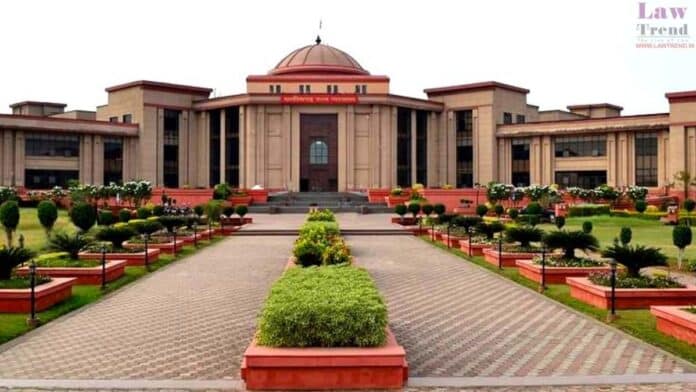The Chhattisgarh High Court has rejected a husband’s plea for a virginity test of his wife in a maintenance dispute, ruling that such a request violates a woman’s fundamental right to dignity and is unconstitutional. Justice Arvind Kumar Verma, presiding over Criminal Revision No. 16 of 2025, dismissed the petition filed to challenge the Family
To Read More Please Subscribe to VIP Membership for Unlimited Access to All the Articles, Download Available Copies of Judgments/Order, Acess to Central/State Bare Acts, Advertisement Free Content, Access to More than 4000 Legal Drafts( Readymade Editable Formats of Suits, Petitions, Writs, Legal Notices, Divorce Petitions, 138 Notices, Bail Applications etc.) in Hindi and English.




